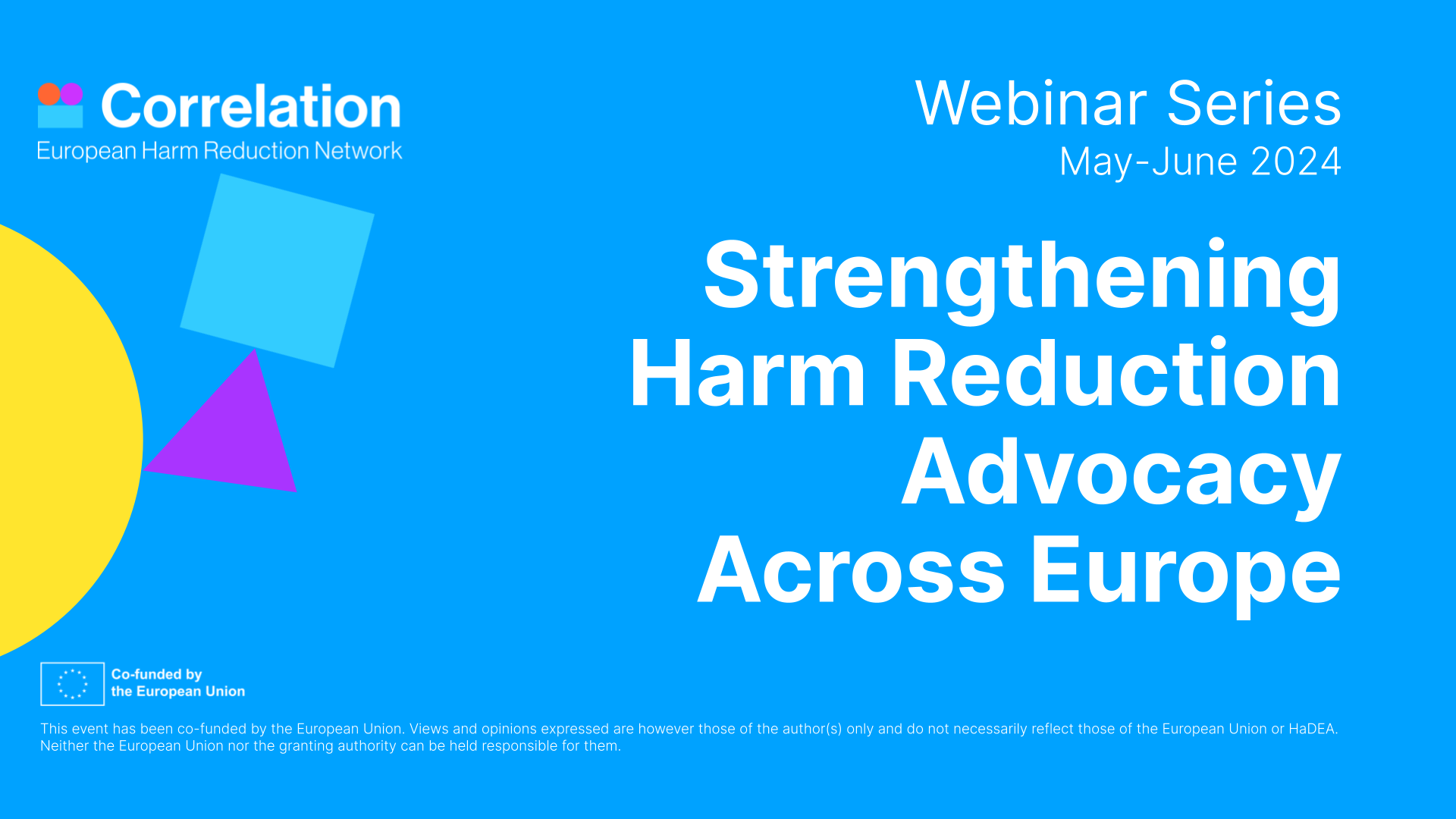
Scotland like the rest of the UK has been in lockdown since 23rd March. Scotland has been preparing contingency plans to respond specifically to people with drug problems for some time, including our own document supported by the Scottish Government and key partners.
We are already seeing the impact on services for people with drug problems. Much of our provision of harm reduction services are delivered through community pharmacies which provide free injecting equipment and opioid substitution therapy. This provision has already been affected by reduced opening hours and a limit of two people in a pharmacy at any one time. This has resulted in significant queues for both the general public and those receiving OST creating a degree of conflict and further stigma.
Queues also discourage the use of injecting equipment provision services as people experiencing withdrawal cannot wait and areas are looking at alternative models of delivery and some have moved to postal services.
To deal with this situation far more people have been moved from daily supervised dispensing of OST to weekly or fortnightly ‘take-home’ doses. There are concerns that this will lead to more fatal overdoses. To mitigate against this, many areas are providing greater supervision to a few of those at the greatest risk.
The age profile of people with drug problems (over half are aged over 35) is such many have multiple morbidities and are therefore a high-risk group for COVID-19 and should be self-isolating. The co-morbidities affect respiratory capacity include chronic obstructive pulmonary disorder which is common in people who smoke tobacco or other drugs. Self-isolation is impossible when people need to visit services and so there is some more home delivery of OST using people redeployed from other services or volunteers.
We have also seen staff numbers with the specialist drug services reduced by re-deployment although we are arguing strongly against this. On the basis that this will be harmful to individuals but also that is short-sighted as it will also impact negatively on the wider management of COVID-19. For homeless people with drug problems, there has been a big push to get people into accommodation. Hotels have been taken over for this purpose and a range of service are being provided in these settings. Overall the system is managing at present and there remain huge concerns that things will be getting significantly worse before it gets better.
There are early reports that the quality and availability of street drugs is being affected. This raises the risk of overdose as people get involved in polydrug use and using larger volumes. Sources of income – shoplifting, begging and prostitution have disappeared very quickly and there is concern that more dangerous and exploitative practices may replace these.
Dave Liddell